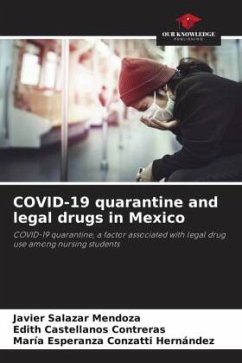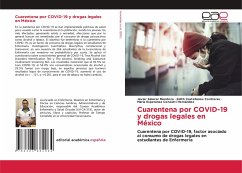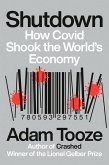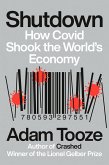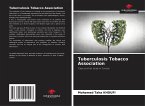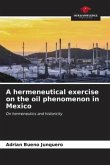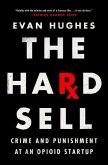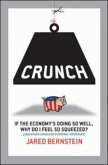In the COVID-19 pandemic, unusual health policies such as quarantine have been implemented in the population, with young people being the most affected, generating stress or anxiety, conditions that generally seek to be remedied by the consumption of psychoactive drugs such as alcohol and tobacco. The objective was to determine whether COVID-19 quarantine is a factor in the consumption of legal drugs in nursing students. Quantitative, descriptive, correlational and cross-sectional research, in a sample of 266 students of the Bachelor's Degree in Nursing with non-probabilistic sampling by quota. The COVID-19 general knowledge questionnaire, Test Alcohol Use Disorders Identification Test and The Alcohol, Smoking and Substance Involvement Screening Test were applied. The results showed that 92.5% did not have COVID-19, 53.0% are occasional alcohol consumers and 29.5% smoke with low risk, in those who had low COVID-19 knowledge results, alcohol use increased (rs= -.121, p<0.05), for tobacco use there was no change.
Bitte wählen Sie Ihr Anliegen aus.
Rechnungen
Retourenschein anfordern
Bestellstatus
Storno

